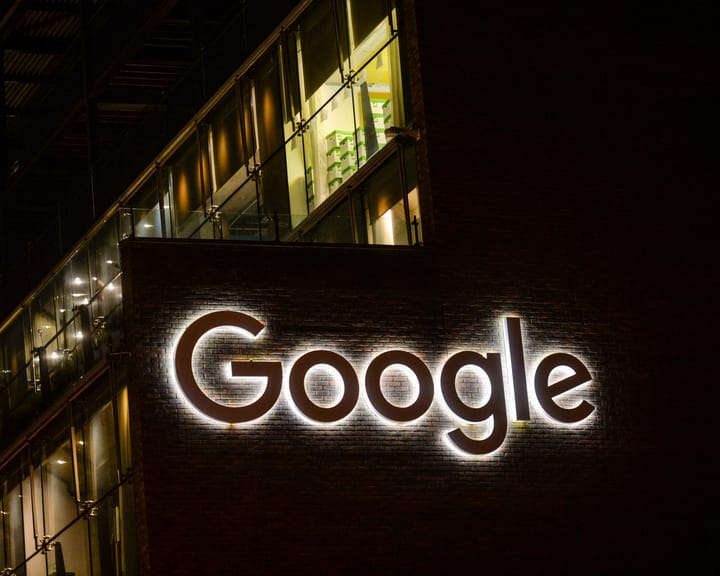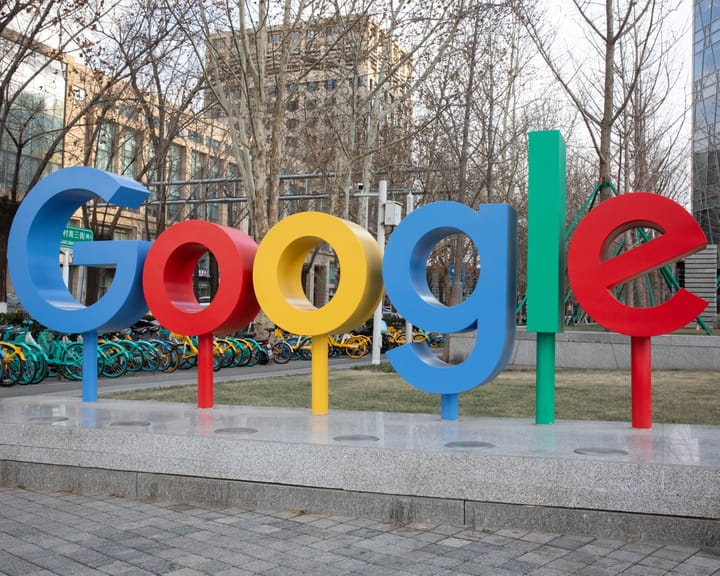Artificial intelligence firm Anthropic has agreed to pay $1.5 billion to resolve a class-action lawsuit filed by authors who allege the company used unauthorized copies of their books to train its chatbot.
The settlement, pending approval by a judge as early as Monday, could signal a shift in legal disputes between AI firms and creative professionals who claim their copyrighted works were improperly used.
Under the terms, the company will compensate authors roughly $3,000 for each of an estimated 500,000 books included in the agreement.
"This is likely the largest copyright settlement on record and the first of its kind in the AI industry,” said Justin Nelson, an attorney representing the authors.
The case was initiated by three writers—novelist Andrea Bartz and nonfiction authors Charles Graeber and Kirk Wallace Johnson—who later represented a larger group of authors and publishers whose works were reportedly used to train Anthropic’s chatbot, Claude.
A federal judge issued a mixed ruling in June, stating that while training AI models on copyrighted material is not inherently unlawful, Anthropic had improperly obtained millions of books from piracy sites.
Had the case gone to trial in December as scheduled, legal experts suggested the company could have faced significantly higher penalties.
"Potential damages could have reached several billion dollars, possibly devastating Anthropic's operations,” said William Long, a legal analyst at Wolters Kluwer.
US District Judge William Alsup has set a hearing for Monday to review the settlement terms.
### Why are books critical for AI?
Books provide vast amounts of structured text data essential for developing advanced language models, including Anthropic’s Claude and its primary competitor, OpenAI’s ChatGPT.
The June ruling noted that Anthropic had acquired over 7 million digitized books it "knew were pirated." Initially, nearly 200,000 works were sourced from Books3, a dataset compiled by researchers to rival the extensive training materials used for ChatGPT. Bartz’s debut novel, *The Lost Night*, was among the books identified in this collection.
The company later obtained at least 5 million copies from the site Library Genesis and another 2 million from Pirate Library Mirror, according to the court.
Last month, the Authors Guild informed members that if Anthropic had been found to have deliberately violated copyright, compensation could have started at $750 per work, possibly exceeding that amount. The higher figure in the settlement—approximately $3,000 per book—may reflect a narrower selection of eligible works after removing duplicates and non-copyrighted material.
On Friday, Authors Guild CEO Mary Rasenberger described the resolution as "a highly favorable outcome."
Read next

"Tesla proposes $1 trillion compensation deal for Elon Musk"
Elon Musk Could Reach Trillionaire Status Under Tesla’s New Plan
Elon Musk may become the first trillionaire if Tesla meets certain ambitious targets outlined in a recent company announcement.
The electric vehicle manufacturer detailed the terms of the incentive plan—which is unlike any other in corporate history—in

"Google hit with €3bn EU fine for ad tech market dominance abuse"
CuriosityNews Reports: EU Fines Google €2.95bn Over Advertising Rules Breach
European Union officials on Friday imposed a €2.95bn ($3.5bn) penalty on Google for violating competition regulations by giving preferential treatment to its own digital advertising services. This marks the fourth such antitrust fine for the company and

"Critics slam lenient Google penalties as inadequate following monopoly case"
A judge decided on Tuesday that Google would not be required to sell its Chrome browser or the Android operating system, sparing the company from the harshest penalties requested by U.S. authorities. The same judge had previously ruled nearly a year ago that Google maintained an unlawful monopoly through

